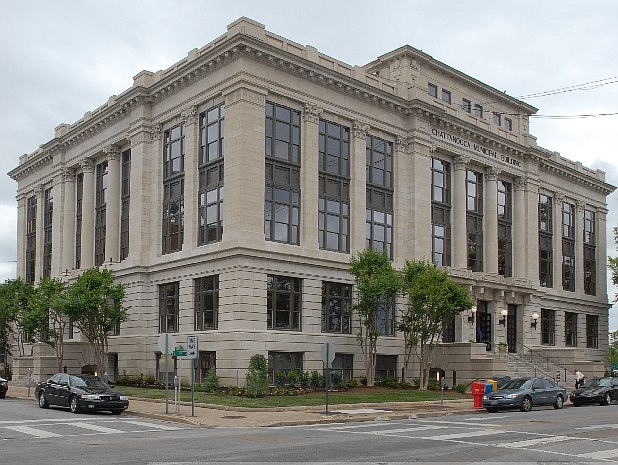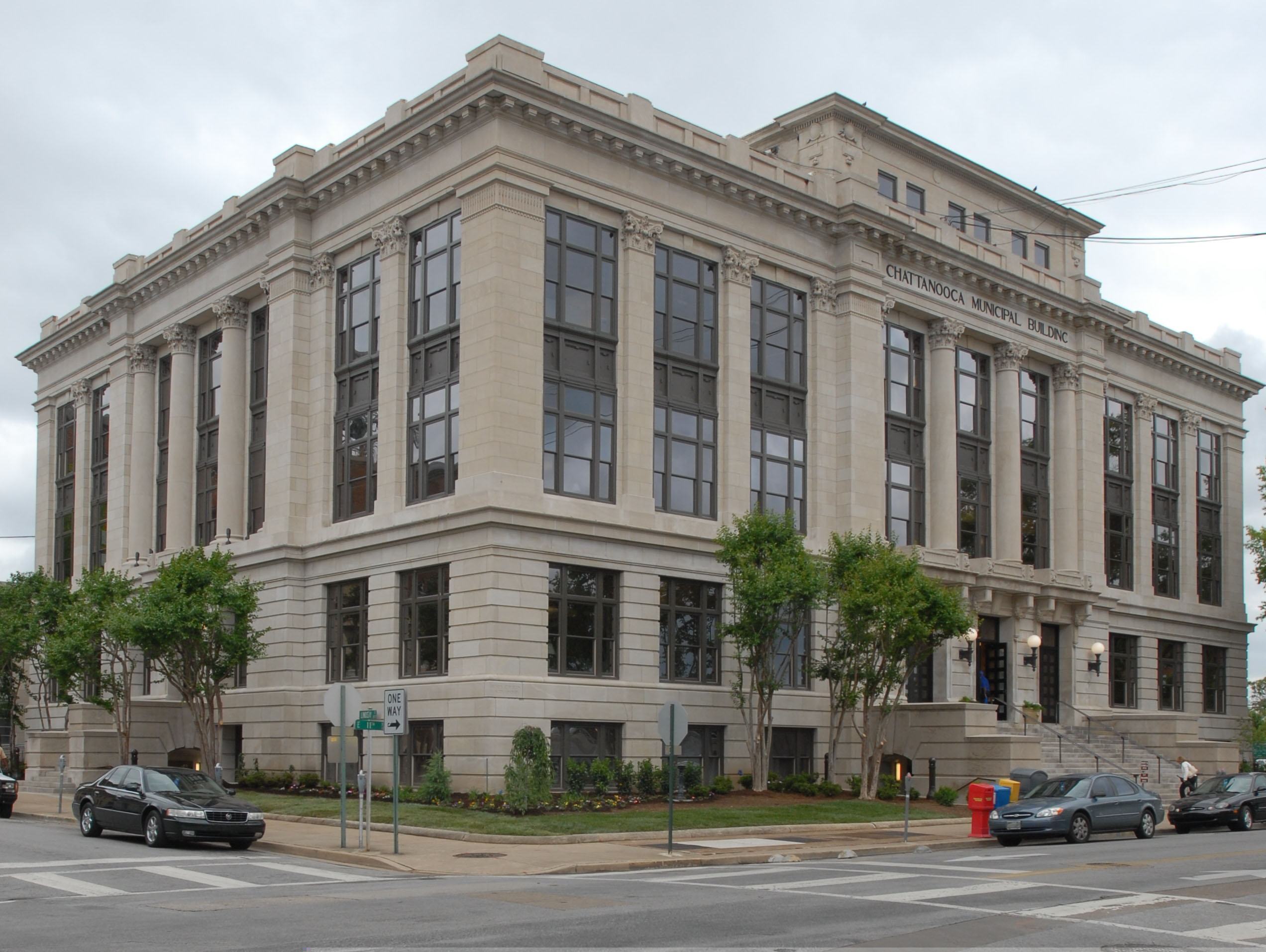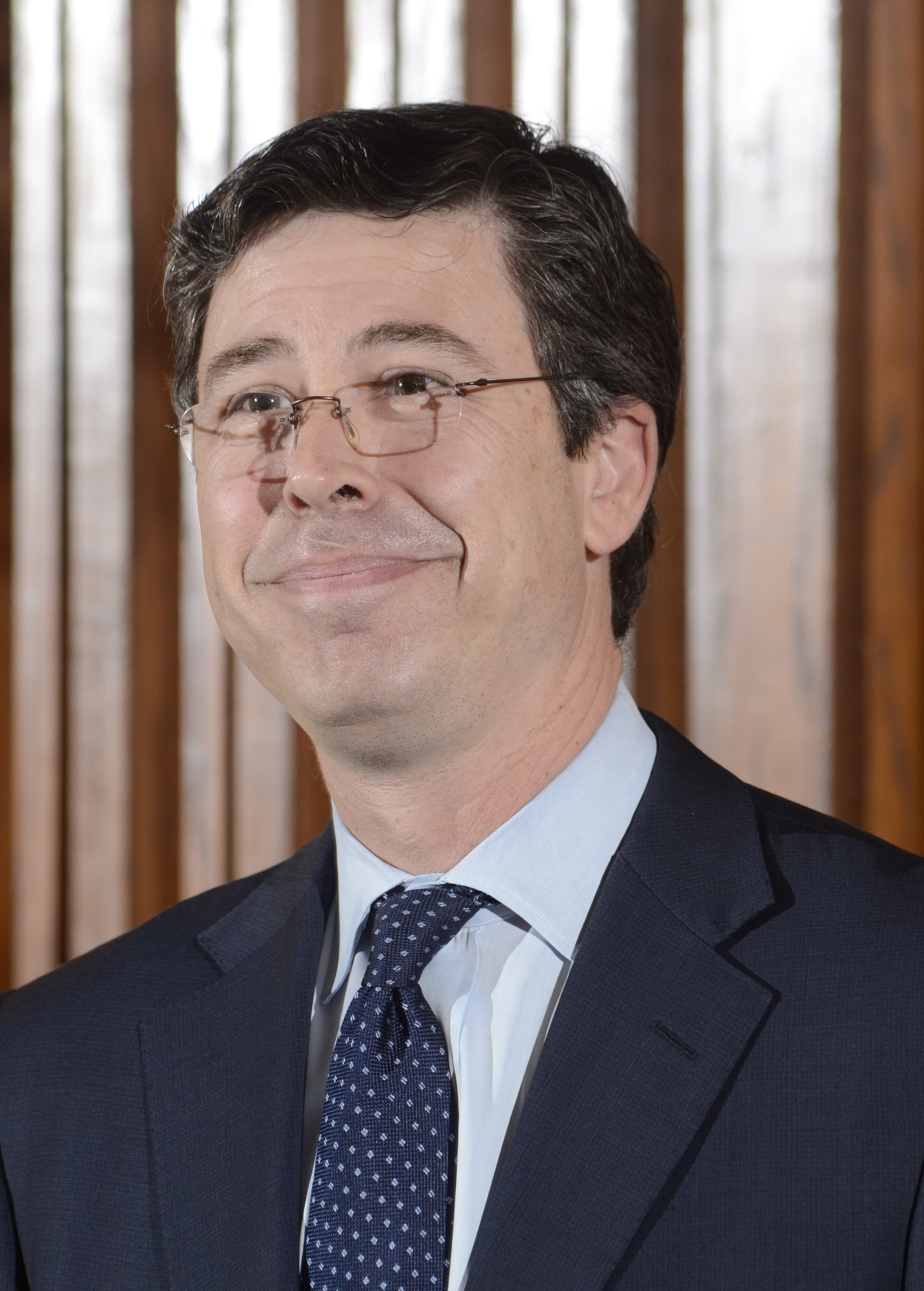Open Letter to the Citizens of Chattanooga:Over the past year, we have made improving public safety our number one priority. This week, our community took the next step in making our streets safer by holding our first "call-in," an intervention with thirteen members with connection to the groups causing the most violence in Chattanooga. City Hall, community members, law enforcement, families who had lost loved ones, and people who had turned their lives around, delivered the following message:"We want you safe, alive, and out of prison. We are determined to keep our entire city free from violence, and that includes you."In preparation for the call-in, we wanted to keep the public informed. To do so, we offered increased access to a reporter from the Chattanooga Times Free Press ("TFP"), including otherwise closed meetings. In return, we asked the TFP to steer clear of the call-in itself, as reports of group members and individual citizens meeting with law enforcement can lead to threats, intimidation and reprisal. We always knew reporters had a job to do; we only pushed for confidentiality of identity, not of process. Professor David Kennedy, founder of the principles that make up the Chattanooga Violence Reduction Initiative, advised us this is standard national practice and this request has been consistently honored in cities around the country.Unfortunately, Thursday night two reporters from the TFP showed up in the parking lot to talk to participants as they left the call-in. This morning, they printed the names of several individuals involved, and they have told us they will seek out more specifics to print.This is wrong and does nothing to serve the public. We have been -- and continue to be -- transparent about this process, the policies behind it, and the outcomes it brings. Printing the names of those who attend the call-in, particularly those ordered to participate as a condition of their status as probationers and parolees, adds nothing to the public discourse; it simply puts the group members, individual citizens, and law enforcement officers in danger.There's an old saying: Never pick a fight with someone who buys ink by the barrel. Well, this is one worth fighting about. We said at the call-in that we wanted to keep everyone there safe, and we meant it. The actions of the Chattanooga Times Free Press do the opposite. The protection of the first amendment does not absolve our local newspaper from being constructive members of our community. We will continue to provide you, the public, as much information as possible while shielding the identity of those who can be harmed -- because this is what it takes to keep our police officers, call-in participants, and all our citizens safe.Mayor Andy Berke - City of Chattanooga Councilman Moses Freeman - Chair, Public Safety Committee Chief Stan Maffett - Chattanooga Police Department Richard K. Bennett - Founder and Director, A Better Tomorrow, Inc
Chattanooga Mayor Andy Berke took issue Saturday with the Times Free Press' coverage of the first "call-in" event of his Violence Reduction Initiative.
In an email to media headlined "Open Letter to the Citizens of Chattanooga," Berke said that for Times Free Press reporters to name and interview some of the offenders leaving Thursday's meeting endangers the participants, the public and law enforcement.
"This is wrong and does nothing to serve the public," Berke wrote. "... The protection of the first amendment does not absolve our local newspaper from being constructive members of our community."
Times Free Press Editor Alison Gerber said the newspaper was fulfilling its mission of keeping the public informed.
"As journalists, it's our job to report the news from all angles. We'd be remiss to rely only on the mayor's office and report only the message of the mayor's office. That would be poor journalism," Gerber said in a statement. "This is a huge public safety issue, and the VRI program is funded by taxpayers' money. The public has a right to be informed about it every step of the way."
The Violence Reduction Initiative is modeled on a program developed by David Kennedy, a professor at the John Jay College of Justice in New York.
Kennedy was at Olivet Baptist Church last week when the first offenders -- 13 of 25 invited -- met with law enforcement, victims' families and social service providers to talk about changing their lives. The heart of the initiative is simple: Offenders may forswear violence and get help -- a GED, training, whatever it takes to straighten out their lives -- or find themselves and their associates the focus of intense police efforts to send them to federal prison.
At the meeting, associates from among the 49 groups police have identified as responsible for most of the city's violence mingled over pizza and soft drinks and listened to the pitch from city officials. Times Free Press reporters waited in the church parking lot and asked those coming out for interviews.
Berke wrote: "Printing the names of those who attend the call-in, particularly those ordered to participate as a condition of their status as probationers and parolees, adds nothing to the public discourse; it simply puts the group members, individual citizens, and law enforcement officers in danger."
He said the city had asked the newspaper to "steer clear of the call-in itself as reports of group members and individual citizens meeting with law enforcement can lead to threats, intimidation and reprisal."
Gerber said the paper had no agreement with the city not to cover the event.
"Contrary to assertions made by the mayor's office, meetings such as the one covered by the Times Free Press have previously been made open to members of the press," Gerber said. "In fact, a Times Free Press reporter sat in on one such meeting in High Point itself."
High Point, N.C., is among the communities where this crime-fighting technique has been used successfully.
She said the participants' names and faces already are public through their criminal records.
"They were in the same room together; do you think they don't know who the others are?" she said. "The people we interviewed at the call-in spoke willingly to reporters and offered up their names freely. They were free to decide whether to speak to the media."
The letter was signed by Berke; Moses Freeman, chairman of the City Council's Public Safety Committee; interim Police Chief Stan Maffett; and Richard K. Bennett, founder and director of A Better Tomorrow Inc., one of the agencies at the meeting.


